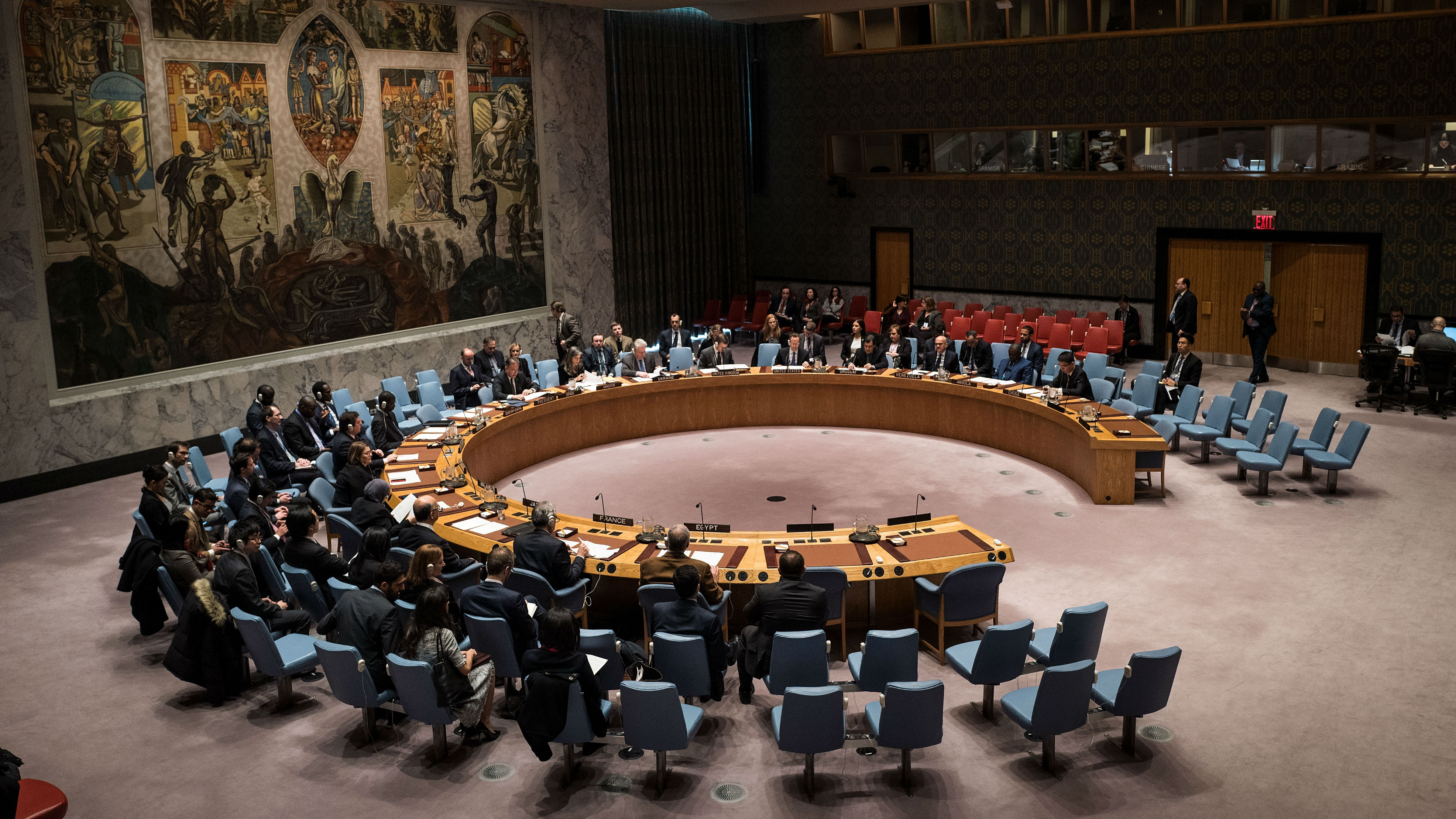Why is the UN running out of money?
Secretary-General warns member states to pay up or face urgent cuts

A free daily email with the biggest news stories of the day – and the best features from TheWeek.com
You are now subscribed
Your newsletter sign-up was successful
United Nations chief Antonio Guterres has warned that the organisation is running out of money and urged member states to pay up or face the consequences.
In a letter sent to member states and UN staff on Wednesday, Guterres said that the UN has “never faced such a difficult cash flow situation this early in the calendar year”.
He wrote: “An organisation such as ours should not have to suffer repeated brushes with bankruptcy. But surely, the greater pain is felt by those we serve when we cannot, for want of modest funds, answer their call for help.”
The Week
Escape your echo chamber. Get the facts behind the news, plus analysis from multiple perspectives.

Sign up for The Week's Free Newsletters
From our morning news briefing to a weekly Good News Newsletter, get the best of The Week delivered directly to your inbox.
From our morning news briefing to a weekly Good News Newsletter, get the best of The Week delivered directly to your inbox.
So, why is the UN in such dire financial straits?
As Guterres claims, one reason is simply that member states are failing to pay their dues.
According to the UN, almost two thirds – 112 out of 193 – of its member states have so far paid their share of the agreed-upon annual core budget, leaving the organisation with major cash flow issues. The number is slightly less than last year when 116 had already paid by July. The US, which is responsible for 22% of the budget, traditionally pays later because of its budget year.
The money still owed to the organisation for this year comes to around $810m (£617.5m), says The Indian Express. In addition to the US, the countries that have so far failed to pay include Argentina, Syria, Venezuela and Belarus, The Guardian reports.
A free daily email with the biggest news stories of the day – and the best features from TheWeek.com
As a result of its mounting arrears, Guterres told staff that the UN was “running out of cash sooner and staying in the red longer”.
But the US, which is the biggest overall contributor to the budget, claims that the UN wastes its money. It is therefore calling for cutbacks.
US ambassador to the UN Nikki Haley told fellow representatives that the body must introduce reforms to bring its spending under control.
“The inefficiency and overspending of the United Nations are well known,” she claimed during budget negotiations last December. “We will no longer let the generosity of the American people be taken advantage of or remain unchecked.”
Member states ultimately agreed on a $5.4bn (£4.12bn) core budget for 2018/19, a cut of $285m (£217m) from the previous year. Haley welcomed the “historic” reduction in spending as “a big step in the right direction”, but vowed: “You can be sure we’ll continue to look at ways to increase the UN’s efficiency while protecting our interests”.
In his letter to member states, Guterres appeared to acknowledge the pressure from the US to increase efficiency. “For our part, we will need to take measures to reduce expenses, with a focus on non-staff costs,” he wrote.